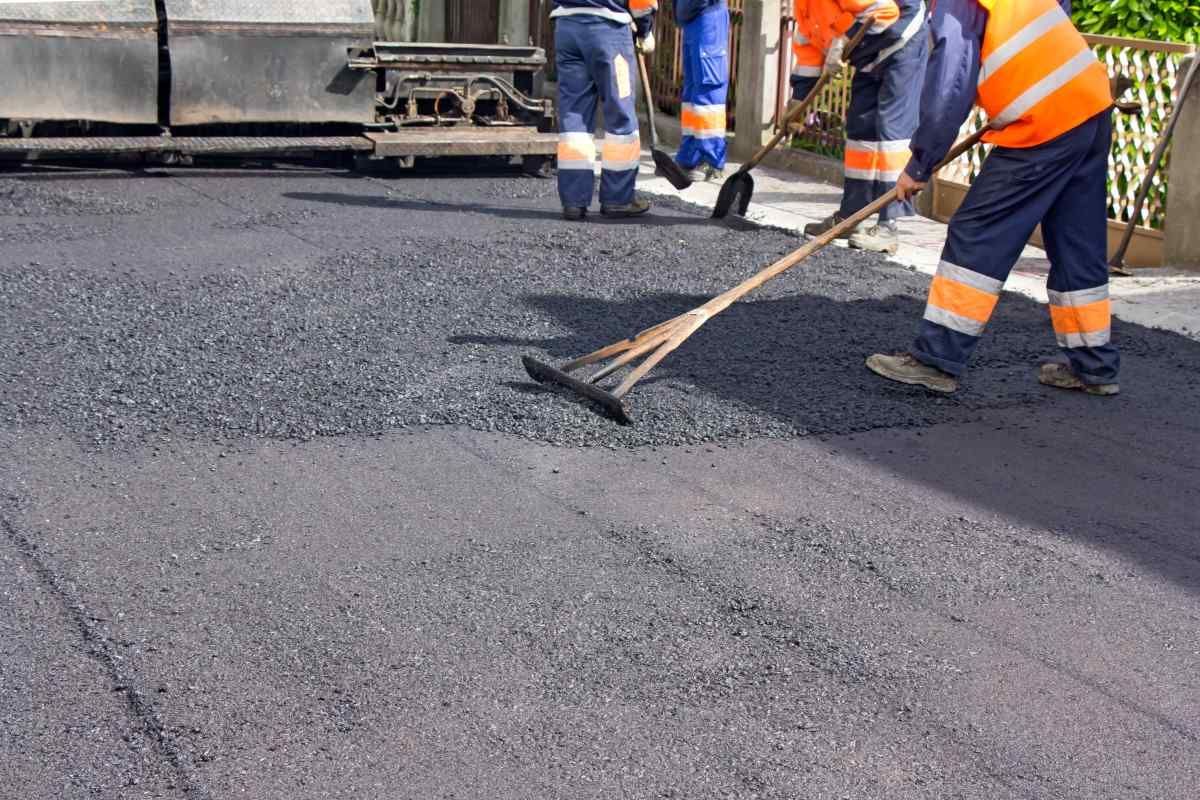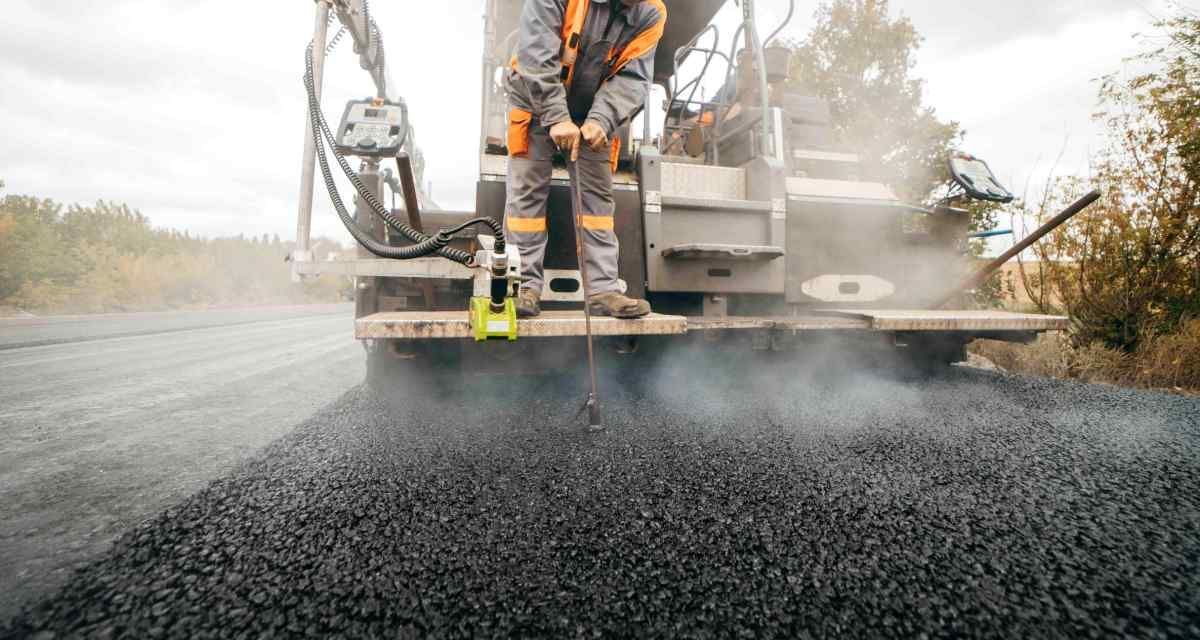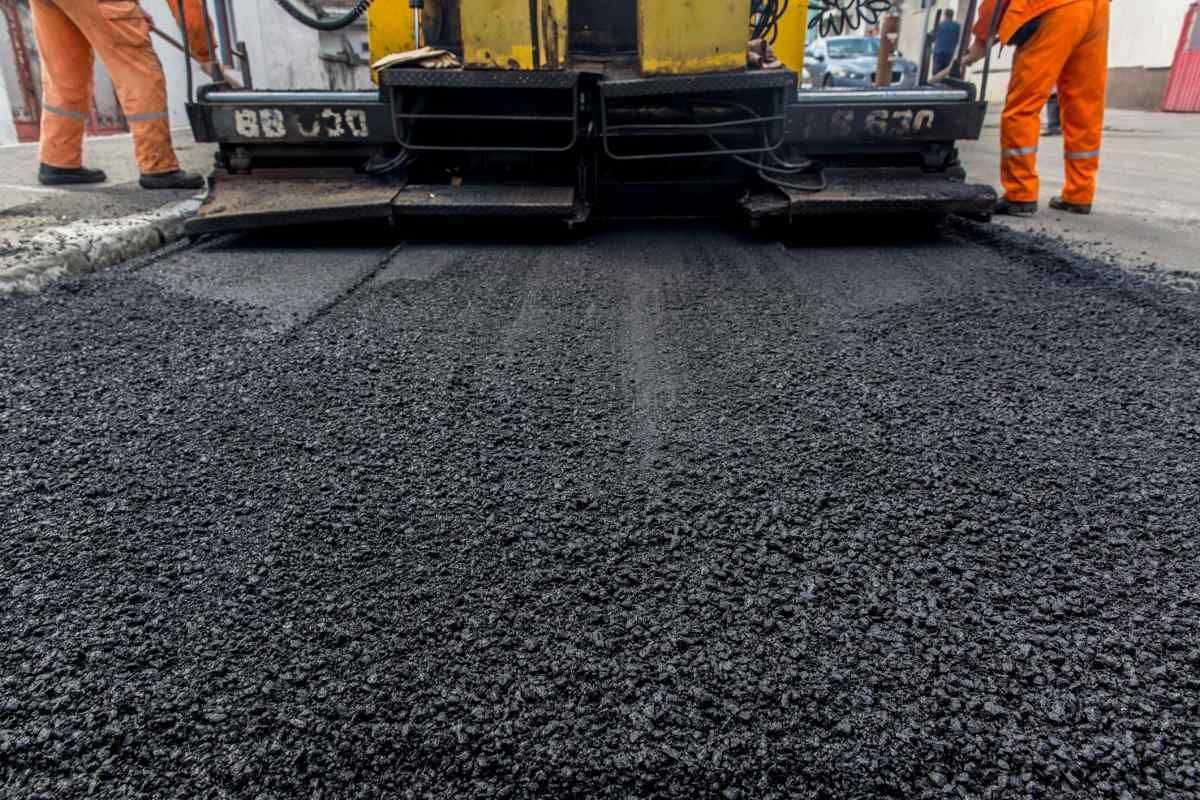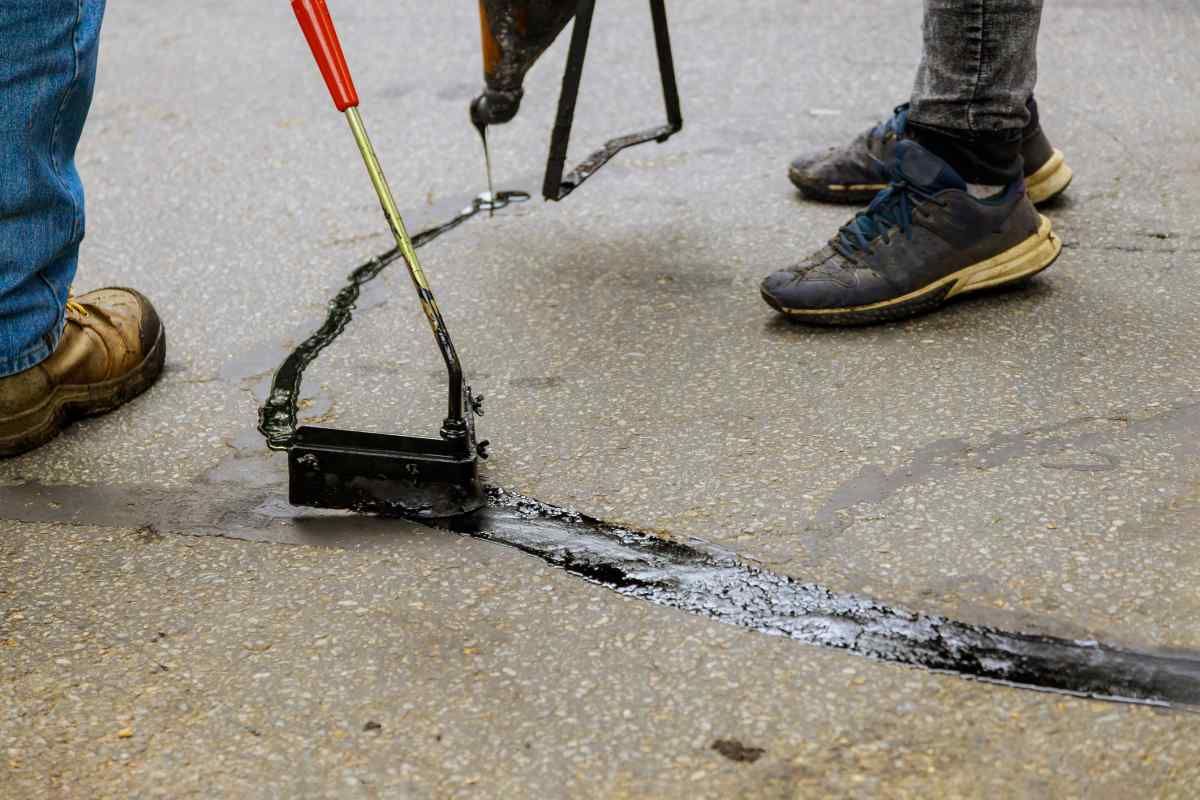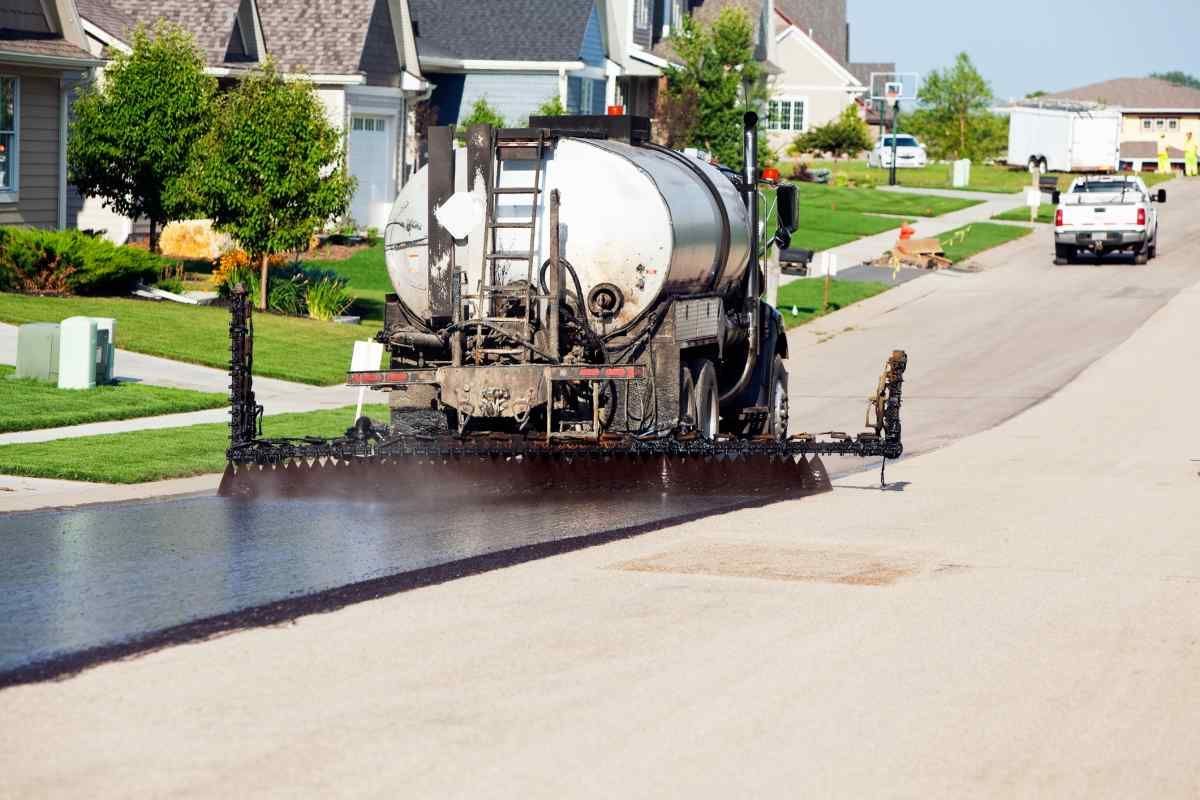How Often Should Driveway Pavers Be Sealed
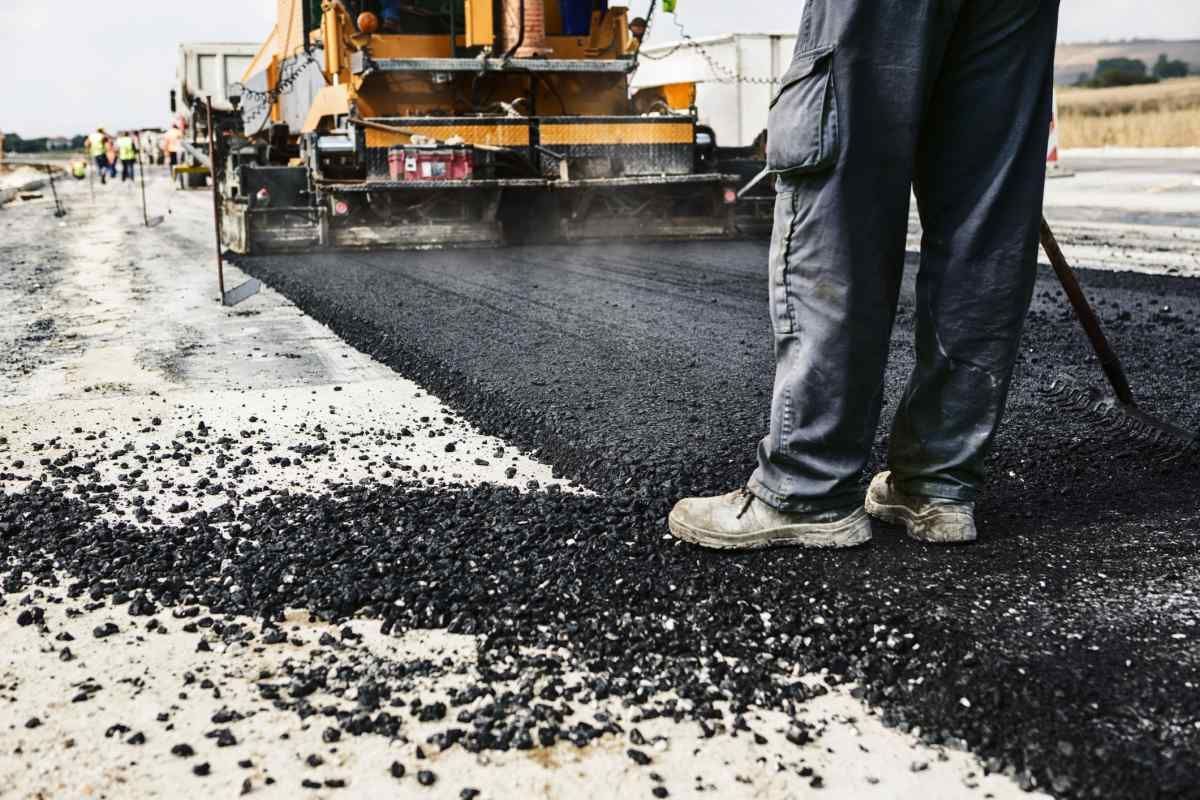
Maintaining driveway pavers is crucial for homeowners and property managers, considering factors like climate and paver type. Determining the ideal sealing frequency is complex. Recognizing signs for resealing and understanding maintenance nuances are vital. Let's delve into these essential aspects to ensure the longevity and appeal of driveway surfaces.
Factors Influencing Sealing Frequency
Driveway paver sealing frequency varies based on sealer type and traffic levels. Factors include sealant durability, environmental exposure, traffic, and sealant quality. Sealant lifespan, affected by environmental conditions, dictates resealing frequency. High traffic necessitates more frequent sealing for upkeep. Sealant quality influences durability and lifespan, impacting resealing needs. Regular driveway inspections help gauge sealant condition, indicating when resealing is necessary for paver longevity.
Recommended Sealing Schedule
Sealing frequency for driveway pavers depends on factors like sealant quality, lifespan, and environmental exposure. Key considerations include:
- Sealant Quality: Higher quality sealants may last longer, reducing the need for frequent resealing.
- Lifespan: Understanding sealant lifespan helps determine resealing frequency to maintain integrity and aesthetics.
- Cost: Balancing resealing costs against potential damage aids in deciding optimal sealing frequency.
- Benefits: Regular sealing enhances appearance and protects against stains, UV rays, and wear, extending surface lifespan.
- Environmental Exposure: Harsh weather or heavy traffic may necessitate more frequent sealing for durability.
Signs Indicating Resealing Is Needed
To determine when resealing is necessary for driveway pavers, it is crucial to watch out for specific signs. Cracks and wear on the surface, a faded appearance, and water penetration are key indicators that the pavers require resealing. Monitoring these signs will help maintain the integrity and aesthetics of the driveway surface.
Cracks and Wear
Observing driveway pavers is crucial to detect cracks and wear, potentially requiring resealing. These issues affect both aesthetics and structural integrity. Signs for resealing include:
- Visible cracks, small or large.
- Faded color, indicating loss of vibrancy.
- Loose or missing pavers.
- Uneven surface, often sunken sections.
- Excessive wear from traffic or weather. Regular assessment helps maintain the driveway's quality and longevity.
Faded Appearance
Regularly inspecting driveway pavers for cracks and wear is crucial. Faded appearance indicates the need for resealing, as it restores color and protective coating. This upkeep enhances aesthetics and longevity. Routine maintenance, like cleaning and applying sealer, prevents fading, preserving vibrancy. Cost-effective resealing options maintain durability and appearance, ensuring a vibrant driveway surface for years.
Water Penetration
Visible signs of water penetration into driveway pavers signal the need for resealing. Seeping water can cause mold, erosion, and surface damage. Signs include darker pavers when wet, weed growth, discoloration, cracks, and water pooling. Timely resealing using proper methods is crucial for long-term protection against water damage.
Impact of Climate on Sealing Frequency
To ensure durability, adjust sealing frequency for driveway pavers based on climate. Extreme weather increases maintenance costs; in such regions, frequent sealing protects against damage. Failure to seal regularly leads to costly repairs. In milder climates, sealing can be less frequent. Adapting sealing schedules to local climate variations minimizes long-term expenses and preserves paver integrity. Understanding climate's impact on sealing frequency is crucial for driveway paver longevity.
Importance of Proper Cleaning Before Sealing
Before applying sealant to driveway pavers, thorough surface cleaning is essential for optimal adhesion and durability. Benefits of proper preparation include:
• Preventing Sealant Failure: Removing dirt, debris, and oils ensures proper sealant adherence.
• Enhancing Aesthetic Appeal: Clean pavers provide a better canvas, improving the driveway's appearance.
• Increasing Durability: Clean surfaces facilitate a stronger bond, extending sealant lifespan.
• Improving Weather Resistance: A clean surface enhances the sealant's ability to withstand UV rays and water damage.
• Reducing Maintenance: Well-prepped pavers require less upkeep, saving time and effort.
Professional Sealing Vs. DIY Sealing
Comparing professional sealing services to DIY methods for driveway pavers involves weighing expertise, equipment, durability, and cost. Professionals use specialized equipment and commercial-grade sealants, ensuring longer-lasting results despite higher initial costs. DIY methods are budget-friendly but may require more frequent resealing, potentially costing more in the long run. DIY sealing demands time and experience, while professional services offer efficiency and effectiveness. Choosing between the two depends on factors like budget, time, and expertise availability.
Frequently Asked Questions
-
What Are the Benefits of Using a Specific Type of Sealant for Driveway Pavers?
 Button
ButtonWhen selecting a sealant for driveway pavers, consider the benefits of sealant durability and application techniques. Opting for high-quality sealants enhances long-term maintenance and cost-effectiveness. Evaluating these factors ensures optimal protection and longevity for your driveway.
-
Can Driveway Pavers Be Sealed Too Often, and What Are the Potential Consequences?
 Button
ButtonSealing frequency for driveway pavers is crucial; however, over-sealing can lead to issues. Potential concerns include a buildup of sealant, which can affect the pavers' appearance, cause discoloration, hinder breathability, and create a slippery surface.
-
Are There Any Environmentally-Friendly Sealants Available for Driveway Pavers?
 Button
ButtonFor eco-friendly options in sealing driveway pavers, consider water-based sealants or those with low VOCs. These solutions offer durability, are cost-effective, and require less maintenance. Prioritize environmentally-conscious choices for long-lasting protection without harming the ecosystem.
-
How Do I Extend the Lifespan of My Driveway Pavers Between Sealings?
 Button
ButtonTo extend the lifespan of driveway pavers between sealings, implement preventive maintenance by regularly cleaning the surface to remove debris and prevent weed growth. Additionally, ensure weather protection to enhance durability and longevity, safeguarding the pavers against environmental elements.
-
Are There Any Warranties or Guarantees Offered With Professional Sealing Services for Driveway Pavers?
 Button
ButtonWhen engaging professional sealing services for driveway pavers, it is crucial to inquire about warranty options to safeguard against material or workmanship defects. Service quality should align with customer satisfaction, ensuring sealant durability and long-term performance.
Conclusion
In conclusion, the frequency at which driveway pavers should be sealed depends on various factors such as climate, usage, and maintenance. It is recommended to seal driveway pavers every 2-3 years to maintain their appearance and durability. Signs indicating the need for resealing include fading color, water absorption, and weed growth. Proper cleaning before sealing is crucial for optimal results. Consider professional sealing for a thorough and long-lasting finish.
Let’s talk about your project
Request a free quote today.
We are not taking employment applications at this time.
No estamos tomando solicitudes de empleo en este momento.
We will get back to you as soon as possible.
Please try again later.

WHERE TO FIND US AREAS WE WERVE
950 N. Villa Ave.
Villa Park, IL 60181
sales@asphaltpavingpro.com
(630) 833-0850
Copyright © 2023 Asphalt Paving Professionals
Website design by Blue Ink Web LLC
